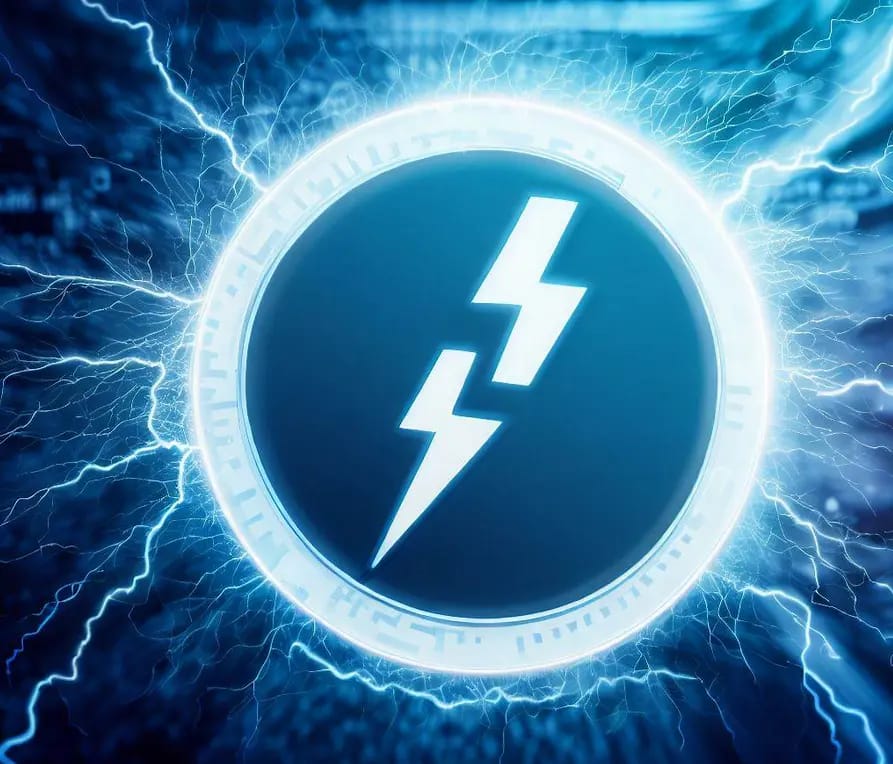Is the Open Charge Point Protocol (OCPP) something you’re interested in? There’s a standardized language that’s used between EV chargers and their software called OCPP, which stands for Open Charge Point Protocol. It makes it easier to communicate between different EV connectors and CMS (Charge Management Software), even if the charger manufacturer and software developer are on different continents.
Aside from communication, OCPP has a lot more to offer. Charge sessions can be managed and controlled easier with seamless integration into a smart grid. EVs are on the rise, so this is especially important. Utilities can balance energy supply and demand better with OCPP, while EV owners can have a better user experience.
Read More: Benefits of Workplace EV Charging
OCPP works a little bit differently than you might think. This lets the EV charger and software exchange information, like the charging station status, charging rates, and any errors. You can use this information to remotely monitor and manage the charging station, making sure it’s always working.
As well, OCPP supports features like load management, which helps prevent power grid overloads during peak usage times. Load management lets you adjust the charging rate based on your power supply, so you don’t run out of juice.

Are you wondering what functions the Open Charge Point Protocol (OCPP) offers? Well, OCPP is an open-source software that enables seamless communication between EV chargers and their software, regardless of charger and connector types or software providers.
One of the key benefits of OCPP is its compatibility with various charging station manufacturers and software systems, making it highly versatile and adaptable. As an open-source software, OCPP is freely accessible to anyone, and users can even contribute to its development and improvement.
However, the benefits of OCPP don’t end there. Another advantage of OCPP is that it requires no additional investment to use. This means that businesses can easily integrate OCPP into their existing EV charging infrastructure without incurring additional costs or having to replace any hardware.
The latest version of OCPP, OCPP 2.0.1, was released in 2020. This update introduced new features and improvements such as enhanced security and support for new hardware types. With continuous updates and improvements, OCPP ensures that EV charging infrastructure stays up-to-date with the latest advancements in technology.
What’s the story behind the Open Charge Point Protocol (OCPP)? Open Charge Alliance, a group of EV infrastructure leaders, developed and published OCPP in 2014. OCPP is open-source software that can be used by charging station manufacturers and software providers to ensure interoperability and compatibility.
With over 220 members across EV sectors, the Open Charge Alliance has grown a lot. The members of this group include charging equipment manufacturers, software and systems providers, charging network operators, and research organizations. It’s a win-win because they’re working together to make EV charging easier and more efficient.
Interoperability is important, but why? Interoperability means charging stations from different manufacturers and software providers can talk to each other and work together. Not only does this make it easier to manage and operate EV charging stations, it also makes EV owners happier.
EV charging stations can also be integrated into a smart grid, allowing for better load balancing and energy management during peak times. The number of EVs on the road is growing, putting more strain on the power grid.
Are you considering using Open Charge Point Protocol (OCPP) for your EV charging infrastructure? Here are some of the benefits you can expect:
Firstly, one of the major advantages of using OCPP is the flexibility it offers. With OCPP, you have the authority to choose the network and regulate the connection of your EV charging station. This means you can either select a local network provider or choose another provider that is compatible with your electric vehicle. Regardless of which EV charger you use, OCPP ensures compatibility with other networks. However, it is important to ensure that the process of integrating hardware with the latest software is done by the manufacturer to avoid configuration issues.
For commercial businesses, OCPP offers the advantage of controlling how many units of electricity are consumed through a network by connecting it to your vehicle. You can also control who uses your EV charger, when, and for how long, providing greater control and security for your charging infrastructure.
Another benefit of OCPP is its seamless payment process. With the help of RFID technology, payment can be made seamlessly without the need for cash or credit cards. This not only simplifies the payment process for users but also ensures that charging sessions can be easily tracked and managed.
In order to create an efficient and seamless EV charging infrastructure, interoperability is key. Both OCPP can help businesses enter the EV charging industry.
The interoperability offers the freedom to select an electric vehicle software that works with your vehicle, as well as the freedom to switch EV software if you need to. EV charging gets more competitive, which drives innovation and improvement.
OCPP software benefits? To start with, It lets EV drivers see your charging stations on maps, making it easier for them to find and use them. As a result, your charging infrastructure is more visible and accessible, which boosts business efficiency.
Additionally, It lets you monitor and manage charging sessions, set pricing, and manage user accounts for your EV charging hardware. Your charging infrastructure will always be available and operational, giving EV drivers a seamless and reliable charging experience.
It provides a more efficient, interoperable, and sustainable EV charging infrastructure with its standardised communication between chargers and their software. Businesses can better serve EV owners by embracing OCPP and interoperability, while also getting more efficient and competitive.